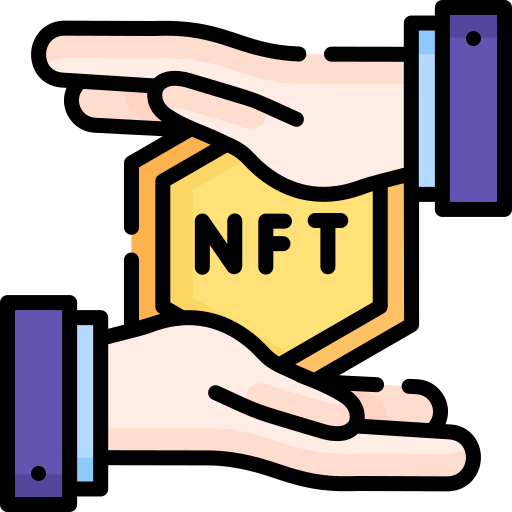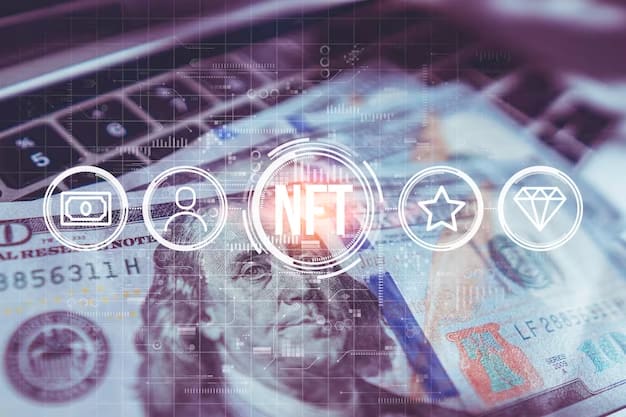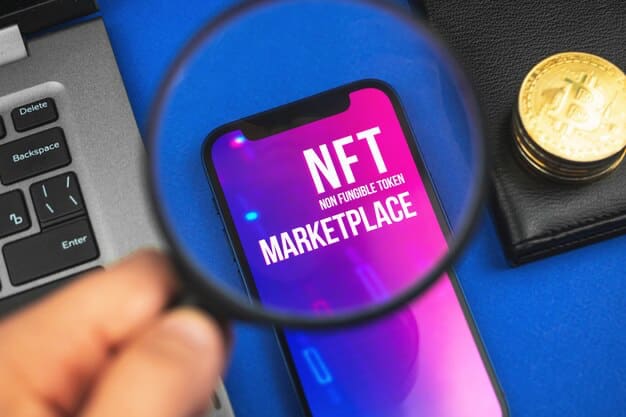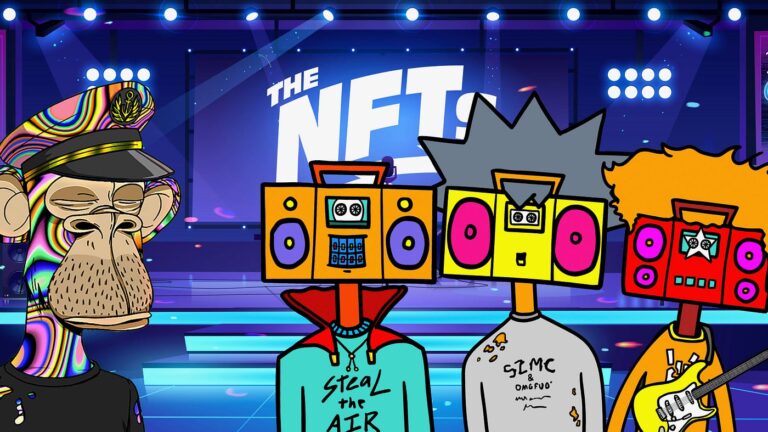NFT games represent a groundbreaking fusion of blockchain technology with the gaming industry. They utilize Non-Fungible Tokens (NFTs) as central elements in gameplay, offering a unique blend of entertainment and digital asset ownership. Unlike traditional digital collectibles, these games enable players to own, trade, and invest in game assets as NFTs, each with distinct properties and values. The uniqueness of each NFT lies in its blockchain-based certification, guaranteeing authenticity and ownership. This development not only attracts digital collectors and gamers but also introduces new economic models within the gaming ecosystem. By merging the excitement of gaming with the investment potential of digital assets, NFT games are redefining player engagement and value creation in the digital space.
Mechanics of NFT Games
NFT games operate on the principle of digital scarcity and ownership. These games use blockchain technology to assign unique identifiers to in-game assets, ensuring that each item is one-of-a-kind and owned exclusively by a player. This mechanism contrasts sharply with traditional gaming, where in-game items are often replicated endlessly and hold no real-world value. In NFT games, players can earn or purchase unique assets like characters, equipment, or even virtual land.
These assets can be appreciated, traded on NFT marketplaces, or be used across different gaming platforms, providing a tangible return on a player’s time and investment. The play-to-earn model, a hallmark of many NFT games, rewards players with valuable NFTs or cryptocurrency for gameplay, creating an economy where playing can be as lucrative as it is entertaining.
Leading and Future NFT Games
The landscape of NFT games is vast and growing, with titles like ‘Axie Infinity’ pioneering the field. These games offer diverse gameplay experiences, ranging from virtual pet breeding in ‘Axie Infinity’ to strategic card battles in ‘Gods Unchained.’ Upcoming titles promise even more variety, with games like ‘Silks’ introducing NFTs to horse racing and ‘Illuvium’ offering open-world exploration. The most anticipated NFT games not only feature engaging gameplay but also integrate NFTs in innovative ways, creating new opportunities for player interaction and asset trading.
As the sector evolves, future NFT games are expected to push the boundaries of what’s possible, introducing more immersive experiences and deeper economic systems.
NFT Games’ Impact on the Gaming Sector
NFT games are revolutionizing the gaming industry by introducing new business models and player dynamics. They are shifting the power balance from developers to players, enabling gamers to have true ownership of in-game assets and earn real value from their gaming experiences. This shift is creating a more decentralized gaming economy, where players can trade assets across different games and platforms. Additionally, NFT games are fostering a more engaged and invested gaming community, as players are not just consumers but also stakeholders in the game’s economy.
The impact of NFT games extends beyond gaming, influencing areas like digital art, collectibles, and even virtual real estate, creating a cross-industry ripple effect.
NFT Games: Looking Ahead
The future of NFT games is poised at an exciting juncture, with potential integrations and innovations that could redefine the gaming landscape. Anticipated trends include the convergence of NFT games with virtual and augmented reality, creating more immersive experiences. The use of NFTs in games could also expand to more mainstream titles, introducing new audiences to blockchain technology. Additionally, advancements in blockchain could lead to more sustainable and eco-friendly NFT solutions, addressing current environmental concerns.
The integration of NFTs in gaming could also pave the way for new forms of social and competitive gaming, blurring the lines between gaming, social media, and digital collectibles.
Features of NFT Games: A Bullet Point Overview
- True Ownership: Players own their in-game assets as NFTs;
- Value Appreciation: In-game NFTs can increase in value over time;
- Play-to-Earn Model: Players earn real rewards for their gameplay;
- Cross-Game Compatibility: NFTs can be used across different games;
- Tradable Assets: In-game NFTs can be sold or traded on the marketplace.
Comparative Analysis: Popular NFT Games
| Game Title | Gameplay Genre | Blockchain | Unique Feature | Monetization Model |
|---|---|---|---|---|
| Axie Infinity | Virtual Pet | Ethereum | Breed and trade creatures | Play-to-earn |
| Gods Unchained | Card Battle | Ethereum | Collectible card game | Play-to-earn |
| Sorare | Fantasy Sports | Ethereum | Digital soccer cards | Trading and winning |
| Silks | Horse Racing | TBA | Link real-world horse racing | Ownership and trading |
| Illuvium | Open World | Ethereum | Auto battler adventure | Asset collection |
What is an NFT Marketplace?
An NFT Marketplace is a pivotal element in the ecosystem of NFT games, serving as a digital platform where players and collectors can buy, sell, or trade their NFTs. These marketplaces are not just transactional hubs, but also communities where users can explore a wide range of digital assets, from gaming items and virtual real estate to digital art and collectibles.
The functionality of an NFT Marketplace is deeply intertwined with the blockchain technology that underpins NFTs. Each marketplace offers a secure, transparent environment for transactions, with blockchain ensuring the authenticity and ownership history of every NFT traded. This not only provides a reliable platform for trading but also adds a layer of trust and security that traditional digital marketplaces lack.
NFT Marketplaces are integral to the growth and sustainability of NFT games. They provide a venue for players to monetize their in-game achievements and assets, often through a play-to-earn model. This dynamic has led to the creation of vibrant communities around NFT games, where players are not just consumers but active participants in the game’s economy.
The rise of NFT Marketplaces has also fostered innovation in the gaming industry, encouraging developers to create games with NFT integration. This synergy between NFT games and marketplaces is driving the evolution of the gaming sector, offering ne
Conclusion
As we conclude our exploration of NFT games, it’s clear that this innovative intersection of blockchain technology and gaming is more than just a passing trend; it’s a significant shift in the digital entertainment landscape. NFT games not only offer a new realm of possibilities for gamers and developers alike but also represent a fundamental change in how we perceive value and ownership in the virtual world.
Through NFT games, digital assets acquire real-world value and significance, transforming the way players interact with games. The play-to-earn model, a key feature of many NFT games, is not just a novel way to engage players but also a potential source of income, making gaming a more rewarding experience. Furthermore, the ownership and trading of NFTs within these games foster a sense of investment and community among players, turning them into stakeholders in the game’s economy.
Looking forward, the possibilities for NFT games are boundless. As blockchain technology evolves and integrates with other cutting-edge technologies like VR and AR, we can expect even more immersive and engaging gaming experiences. The challenges of environmental impact and accessibility will likely be addressed as the technology matures, making NFT games more sustainable and inclusive.










